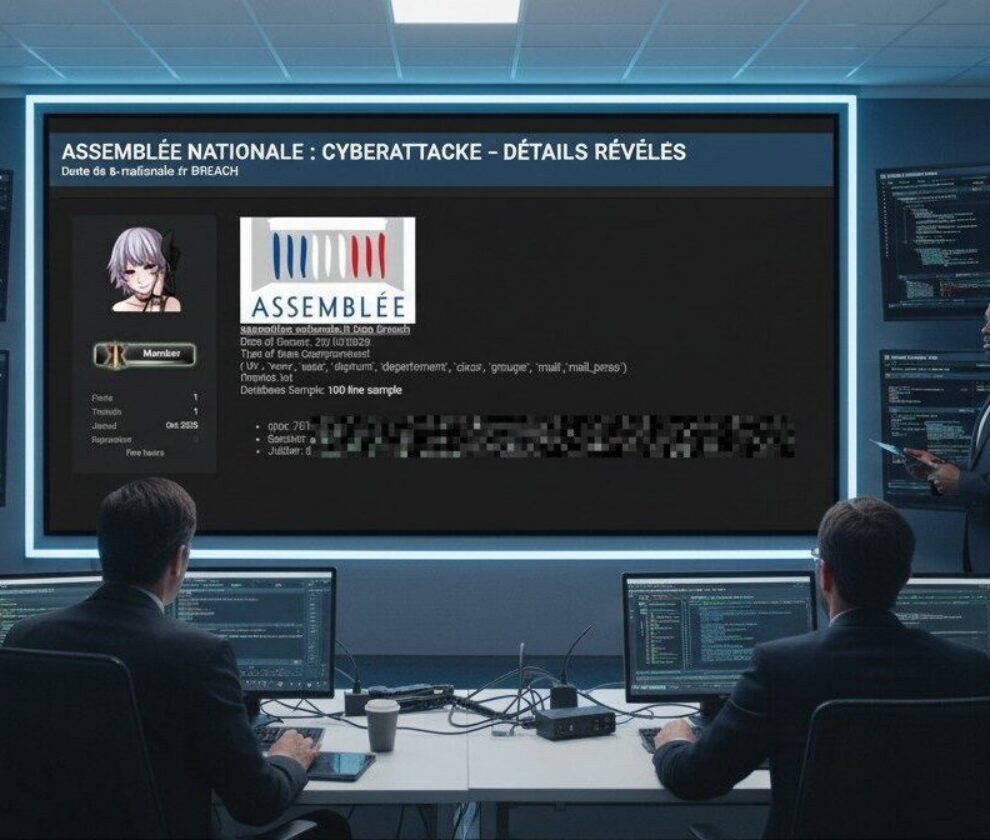Cyberattacks are escalating at an alarming pace, with ransomware being one of the most prevalent threats. Among the rising stars in the ransomware landscape is Akira, a notorious group that has recently targeted U.S.-based companies such as Carlson Building Maintenance and Five Star Mechanical Inc. These incidents underscore the significant risks businesses face in the digital age.
What Is Akira Ransomware?
Akira ransomware is a malicious software variant utilized by cybercriminal groups to extort money from organizations. Its defining feature is its “double extortion” strategy: not only are victims’ data encrypted, but the files are also exfiltrated. This double-pronged approach pressures victims into paying hefty ransoms by threatening to publish sensitive data if the ransom demands are not met.
Recent Attacks on U.S. Businesses
Akira has claimed responsibility for cyberattacks against two well-known American entities: Carlson Building Maintenance, specializing in commercial cleaning services, and Five Star Mechanical Inc., which focuses on industrial and commercial HVAC solutions. Both companies are treasure troves of sensitive data, making them attractive targets.
What Data Was Compromised?
Reports suggest that over 50 GB of data were stolen during these attacks. These files reportedly included:
- Financial Information: Audits, payment records, financial reports, and more.
- Personal Data: Social Security numbers, passports, driver’s licenses, addresses, and contact information.
- Confidential Business Documents: Client files, project details, and other operational records.
Impact on Victimized Organizations
Ransomware attacks have profound consequences, touching on financial, operational, legal, and reputational aspects. Let’s explore the effects in detail:
Data Loss:
When an attack occurs, businesses lose access to critical data, leading to major disruptions in their daily operations.
Financial Setbacks:
Beyond the possibility of paying a ransom, organizations must allocate substantial funds to recover systems, restore data, and improve infrastructure to prevent future breaches.
Reputation Damage:
The exposure of sensitive information can result in a loss of trust among clients and business partners, potentially causing long-term harm to the company’s standing in the industry.
How to Protect Against Ransomware Attacks
To defend against threats like Akira, adopting robust cybersecurity practices is essential. Here are some effective strategies:
- Implement regular, secure backups for sensitive data to ensure recoverability.
- Utilize updated antivirus tools and monitor network activity to catch anomalies early.
- Educate employees to identify and report phishing attempts effectively.
The Role of Authorities and Cybersecurity Experts
Governments and cybersecurity firms are actively working together to counter threats like Akira ransomware. Key efforts include:
- Disrupting and dismantling cybercriminal infrastructures.
- Providing free decryption tools to ransomware victims.
- Encouraging information-sharing about new and known threats across industries.
Conclusion
The recent Akira ransomware attacks serve as a glaring reminder of the vulnerabilities that accompany today’s digital landscape. Businesses must be proactive by fortifying defenses and partnering with cybersecurity professionals. If you’re concerned about your organization’s ability to counteract these growing threats, My Own Detective is here to offer tailored strategies to safeguard your infrastructure and anticipate cyber threats effectively.


